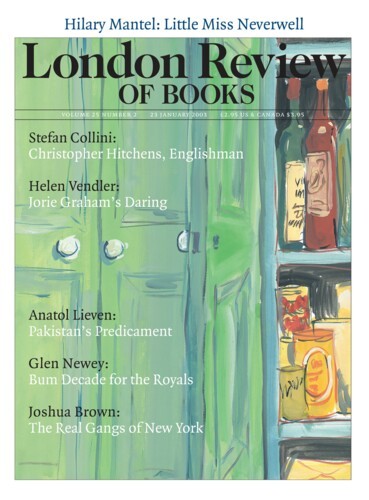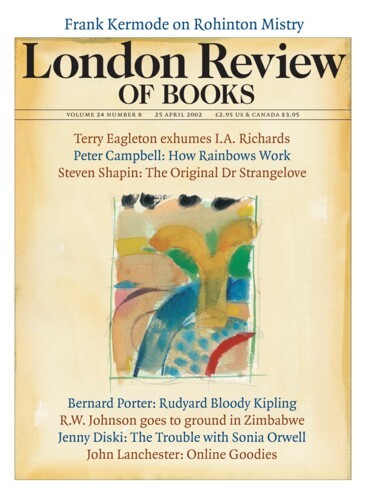Rough Trade: Robert Hooke
Steven Shapin, 6 March 2003
If you are a scientist at an American research university like mine, you know what to do if you think you’ve hit on some technique or bit of knowledge that might have commercial potential. You go online to the university’s technology transfer office, download an invention and technology disclosure form, and fill in the details. You have to do that because all such intellectual...





